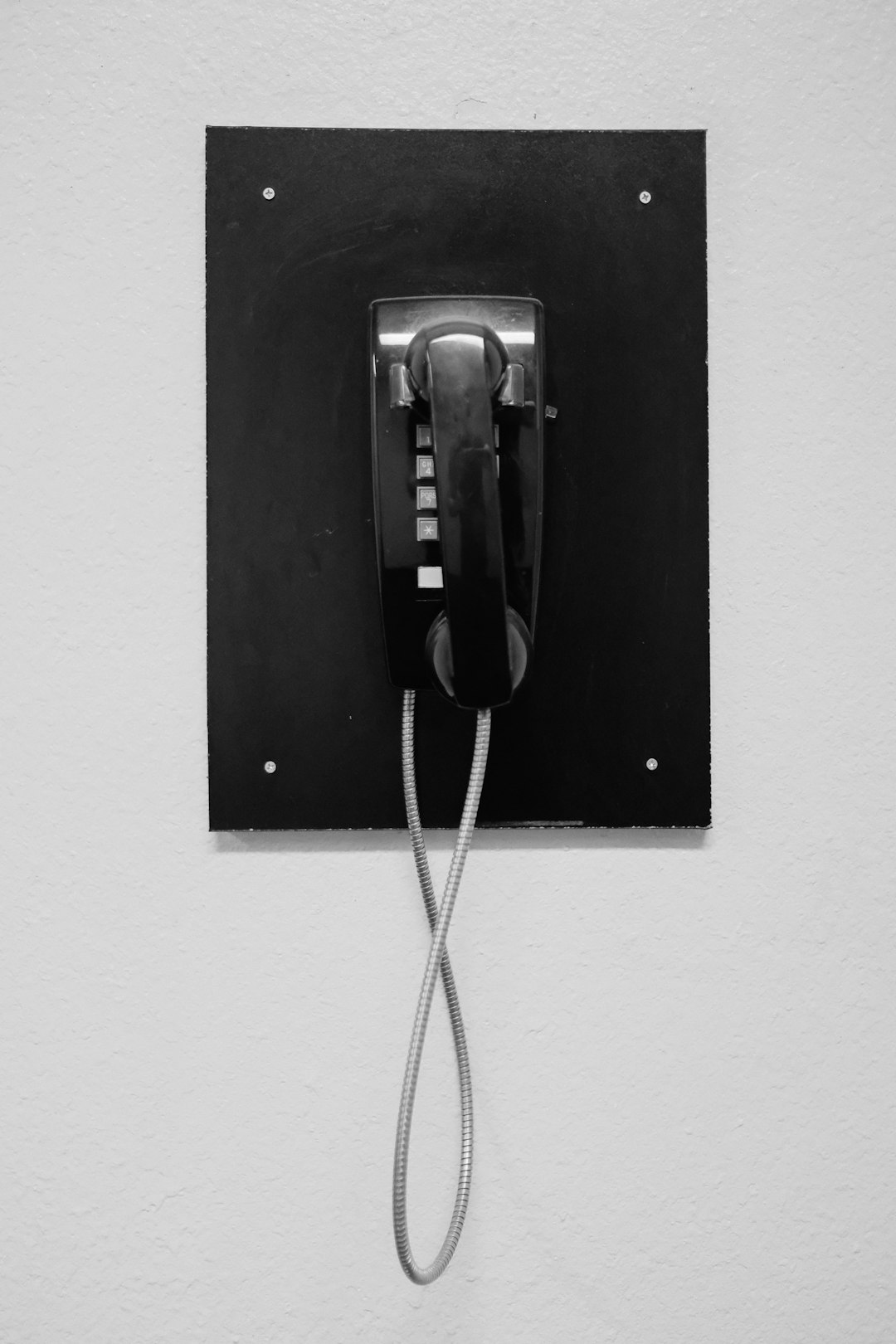West Virginia residents face a growing dilemma with prevalent and unwanted robocalls, leading to frustration and unprotected consumer rights. The state's legislation, like the Telephone Consumer Protection Act (TCPA), aims to balance free speech and consumer protection by governing consent, call timing, and content. However, rapid technological advancements complicate regulation, with advanced mimicry of human voices making distinction difficult. West Virginia's strategy involves consumer education, stringent enforcement, and collaboration for effective call blocking, creating a unique framework that distinguishes legitimate calls from scams. The state's approach fosters harmony between consumer protection and free speech, potentially serving as a national model for robocall regulation.
In the age of digital communication, robocalls have become a ubiquitous yet unwanted nuisance for consumers across West Virginia. This article explores the delicate balance between safeguarding free speech rights and protecting citizens from deceptive practices through robocall legislation. We delve into the unique challenges faced by West Virginia in addressing this issue, highlighting its approach to regulating these automated calls while considering First Amendment implications. By examining these strategies, we gain insights into potential outcomes and their impact on consumer protection efforts.
Understanding the Robocall Problem in West Virginia

In recent years, West Virginia has grappled with the increasing problem of robocalls, which have become a significant nuisance for many residents. These automated telephone calls, often promoting various products, services, or political campaigns, are ubiquitous and relentless in their frequency. The sheer volume and lack of personalized content make them especially bothersome, leading to widespread frustration among West Virginians.
Robocalls can be particularly targeted and invasive, with some residents receiving numerous calls per day from unknown sources. This issue is exacerbated by the ease with which call centers and automated systems can target specific areas or demographics, making it challenging for regulators to keep up. As a result, many West Virginians are left feeling protected by their rights as consumers and citizens, prompting a closer look at current legislation and potential reforms to address this growing concern in the state.
Legal Framework for Free Speech and Consumer Protection

In West Virginia, as in many jurisdictions, the legal framework for balancing free speech and consumer protection regarding robocalls is intricate. The First Amendment of the U.S. Constitution guarantees the right to free speech, which includes political and informational messaging, a cornerstone of democratic society. However, this right is not absolute; it must be balanced against the need to protect consumers from deceptive or nuisance calls. West Virginia laws, such as those governing Telephone Consumer Protection Act (TCPA), aim to strike this delicate balance by establishing guidelines for automated robocallers while preserving free speech.
These regulations specifically address consent, call timing, and content, ensuring that consumers are not subjected to unwanted or misleading robocalls. By implementing these legal safeguards, West Virginia takes a measured approach to consumer protection, allowing for political discourse and informational sharing while mitigating the negative impact of excessive or deceptive automated calls. This dual focus on free speech and consumer rights is essential in navigating the complexities of modern communication, especially with the prevalence of robocalls in contemporary society.
Challenges in Regulating Robocalls

Regulating robocalls presents a unique set of challenges for policymakers in West Virginia and across the country. The rapid advancement of technology has made it easier than ever for businesses to reach consumers through automated telephone systems, but this convenience comes with drawbacks. Unwanted or fraudulent robocalls can invade personal privacy, cause annoyance, and even lead to financial harm.
One of the primary difficulties lies in distinguishing between legitimate marketing calls and scam attempts. With sophisticated technology, robocallers can mimic real human voices and personalized messages, making it hard for consumers to identify and block unwanted calls. Additionally, as call centers operate across state lines, enforcing consistent regulations becomes complex. West Virginia’s approach to tackling these challenges involves a combination of consumer education, stringent enforcement, and collaboration with telecommunications providers to implement effective blocking mechanisms.
West Virginia's Approach to Balancing Both

West Virginia has taken a unique and balanced approach to tackling the issue of robocalls, aiming to protect consumers while also preserving free speech rights. The state’s legislation focuses on creating a regulatory framework that distinguishes between legitimate marketing calls and unwanted or fraudulent activity. By implementing specific guidelines, West Virginia ensures that businesses can still engage in promotional activities but with consumer consent and transparency.
This approach involves requiring robocallers to obtain explicit opt-in consent from recipients, providing an easy opt-out mechanism, and imposing strict penalties for non-compliance. The state’s strategy allows consumers to control their communication preferences while enabling businesses to reach their target audiences effectively, thus fostering a harmonious balance between consumer protection and free speech in the context of robocalls.
Potential Outcomes and Future Implications

The robust debate surrounding robocalls and their impact on consumers in West Virginia highlights a delicate balance that policymakers must navigate. Effective legislation could result in enhanced consumer protection, ensuring West Virginians are not overwhelmed by unwanted automated calls. This could lead to increased trust in communication systems and foster a sense of security among residents.
Looking ahead, the success of any legislative approach will have broader implications for robocall regulation across the nation. A well-crafted and effective strategy in West Virginia could set a precedent, influencing future discussions and potentially inspiring similar measures to protect citizens from intrusive robocalls while preserving legitimate free speech.






